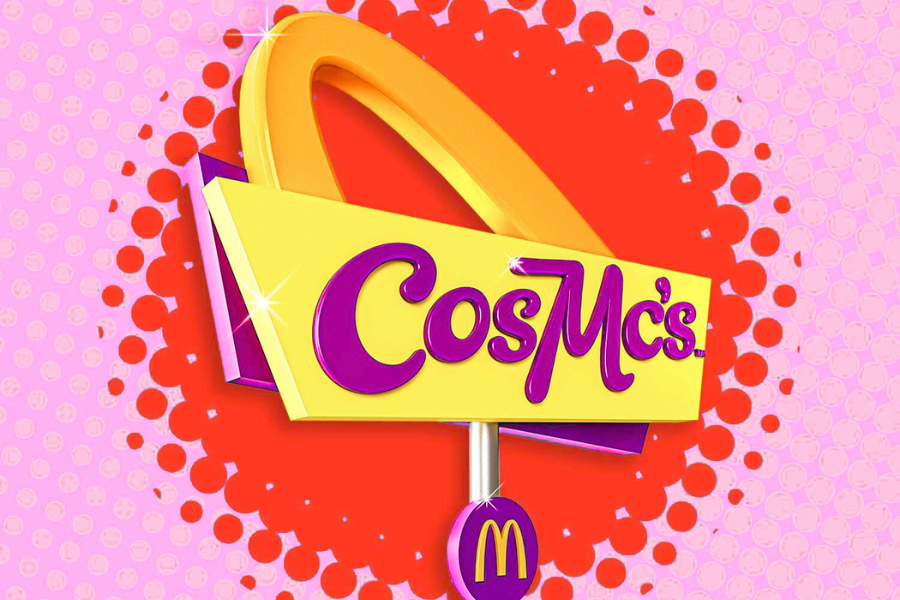Intertwining the cartoonish yet palpable reality of our modern world with metaphysical scenarios has been a longstanding tradition within Pixar’s most celebrated films, including “Inside Out,” “Toy Story,”and “Coco.” Like nostalgic animated films of the past, Pixar’s “Soul” attempts to tackle its own age-old questions that we’ve been asking ourselves since we were kids: where did we come from, and where do we go afterward? Even though the themes of “Soul” may seem to revolve around cherishing life, there are many more nuanced messages within the film that compile into a heartfelt story that holds both an important purpose, and a deeper meaning.
Initially suffering from theatre closings and delayed post-production, “Soul” was meant to be Pixar’s animated blockbuster of 2020 before having to transition onto Disney+ to salvage whatever success it could bring. Centered around the fast-paced underground jazz culture in New York City, audiences are immediately greeted by music teacher and jazz enthusiast Joe Gardner (Jamie Foxx), who struggles with the same predicament as many amateur musicians: getting that big break. Gardner’s life in New York City is astoundingly similar to the staunch reality of real-life Manhattan, from the tumultuous yellow cabs, to the hectic buzz of pedestrians, to the distinctive food culture of bagels and pizza.
What “Soul” accomplishes that surprisingly many films struggle to do, is create a relatable, charming, and likable protagonist that audiences can root for, and it seems that our average Joe Gardner is all that, and more. His passion for jazz combined with his magnetic personality results in an engaging story that holds monumental potential. However, while the writers nailed the character, the character’s progression was overwhelmingly off-balanced. The plot rushes way too fast in the beginning, and drags on in a tedious fashion throughout the next hour, boring the audience by the time the film reaches its climax. In the space of the first 10 minutes, we’re introduced to Joe and the tiny facets of his intriguing life. He then lands his first gig to play the piano at a show, marking a significant turning point in his life for the better. And then Joe falls down a manhole and subsequently dies. In the first 10 minutes.
Perhaps that’s what the writers had intended, to forget the limitations of Joe as a person, and focus solely on just his soul, as the film title suggests. However, creating a narrative that can reasonably explain what happens after death while still including the imaginative and fun aspects found within Pixar films, is both technically and artistically difficult. But like the paradoxes created within Toy Story, Monsters Inc., and Inside Out, “Soul” recognizes its own entertaining absurdity, which is just abstract enough to not be taken all too seriously. It’s an interesting take on the afterlife that reminds audiences of the simple joys of life we often take for granted.
What completes Joe’s character arc is that he isn’t just a jazz musician who’s soul isn’t ready to die yet, but he’s also a teacher faced with his most difficult student yet, an unborn soul named 22 (Tina Fey), who doesn’t see what’s so great about being alive. Having never been to Earth or experienced any of its specialties (like having a proper slice of New York Style pizza), 22 and Joe are polar opposites looking to teach each other about their experiences and aspirations.
As morbid as this film may seem like, a flurry of upbeat jazz tempos paired with seamlessly perfect animations emit a jaunty aura that is simply fun to watch and listen to, despite the central plot being about death. Characters are complete and complex, the technological production is astounding, and the overall plot is attractive enough to warrant itself as a successful film. It’s also important to note that “Soul’s” Joe Gardner is the first African American lead in any Pixar film, carving out its own unique identity in culture, film and music history.
Rating: B+






















